- Home | Industry Update | Suggestions And Improvements For Quality Control Orders In T...
Suggestions And Improvements For Quality Control Orders In The Textile Industry

The implementation of Quality Control Orders (QCO) in the textile industry has been a step forward in ensuring
standardized, high-quality products across various sectors. From cotton and jute products to technical textiles
like HDPE geomembranes and geosynthetics, QCOs aim to enhance product reliability, safety, and global
competitiveness. However, despite these benefits, several challenges, including high compliance costs, complex
certification processes, and limited awareness, have emerged, particularly for small and medium-sized
enterprises (SMEs). Addressing these challenges requires a strategic approach, with room for improvement in the
implementation of QCOs
Encouraging Collaboration Between Industry and Government
For QCO to be successfully implemented across the textile industry, collaboration between the government and industry stakeholders is crucial. The current one-size-fits-all approach maynot be suitable for every segment within the textile sector, particularly when considering the vast differences between traditional and technical textiles. The government should facilitate open dialogues with textile manufacturers, industry associations, and export bodies to ensure that the standards being imposed are both achievable and beneficial for the sector.
Providing Financial Assistance for SMEs
One of the most significant barriers to QCO compliance for SMEs is the cost of upgrading technology and infrastructure. Many smaller manufacturers lack the capital to invest in advanced machinery, testing facilities, and skilled personnel required to meet QCO standards. To alleviate this burden, the government can introduce financial assistance programs in the form of subsidies, low-interest loans, or grants specifically aimed at helping SMEs modernize their facilities and comply with QCO mandates.
Simplifying the Certification Process
The current certification process for QCO compliance, managed by the Bureau of Indian Standards (BIS), can be lengthy and cumbersome. Delays in obtaining certifications can lead to production disruptions and, in some cases, result in non compliance penalties for manufacturers. To address this issue, the certification process should be streamlined to ensure quicker approval times while maintaining stringent quality checks. One potential improvement is the introduction of digital platforms that allow manufacturers to submit product samples, track their certification progress, and receive updates in real time.
Creating Awareness and Training Programs
A significant challenge in QCO implementation is the lack of awareness and understanding of the standards, especially among manufacturers in the unorganized sector. To bridge this gap, the government, in collaboration with BIS and industry associations, should roll out awareness campaigns and training programs across the country. These initiatives would focus on educating manufacturers, particularly those in rural and remote areas, about the requirements of QCO, the benefits of compliance, and the steps needed to upgrade their production processes.
 Promoting Access to Testing and Research Facilities
Promoting Access to Testing and Research Facilities
A key aspect of QCO compliance is the need for regular testing of products to ensure they meet the prescribed standards. However, not all manufacturers have access to advanced testing facilities, especially in regions where the textile industry is still developing. To address this issue, the government should focus on expanding the network of accredited testing laboratories and making them more accessible to manufacturers across the country.
Introducing Phased Implementation for New Standards
For sectors that are particularly resistant to change or face high barriers to compliance, the government should consider a phased implementation approach to QCOs. Instead of requiring immediate compliance with all standards, manufacturers could be given a grace period during which they are encouraged to gradually meet the necessary benchmarks. This phased approach would allow businesses to upgrade their infrastructure, obtain the required certifications, and adapt to new production processes without facing immediate penalties for non-compliance.
Enhancing Export Competitiveness
While QCO aims to improve product quality for domestic consumption, it also plays a crucial role in enhancing the global
competitiveness of Indian textile products. However, meeting the dual requirements of QCO compliance and international certification standards can be challenging for exporters. To address this, the government should work toward harmonizing domestic standards with global regulations, particularly in sectors like technical textiles, where Indian products have significant export potential.
Strengthening Enforcement and Monitoring
Finally, ensuring the success of QCO implementation requires strong enforcement and regular monitoring to prevent the circulation of non-compliant products in the market. While the Bureau of Indian Standards (BIS) plays a central role in certifying products, there needs to be a more robust mechanism for monitoring manufacturers' compliance with QCO post-certification. Random audits, product recalls, and penalties for violations can help deter non-compliance and ensure that only high-quality products are available to consumers.
02:53 PM, Dec 07
Source : Suggestions And Improvements For Quality Control Orders In The Textile Industry
Other Related Topics

Rieter Issues Market Update on Completion of Barmag Acquisition
10:33 AM, Dec 20

Indian Textile Exports Weave Strong Momentum with November Surge
11:24 AM, Dec 18Industry Update

Carrington Textiles Introduces Defence Stock Range for Faster Access to Military Fabrics...view more




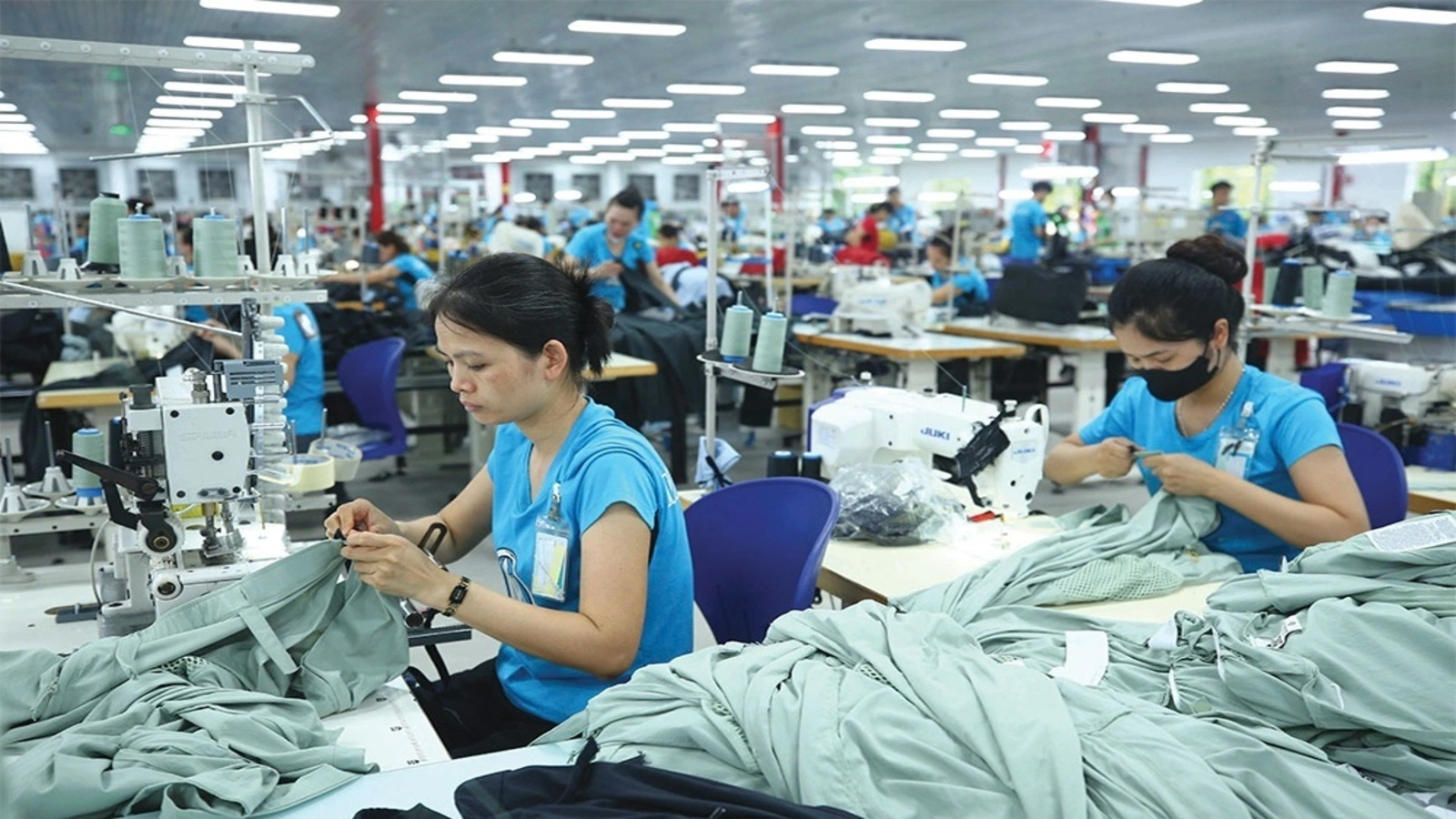



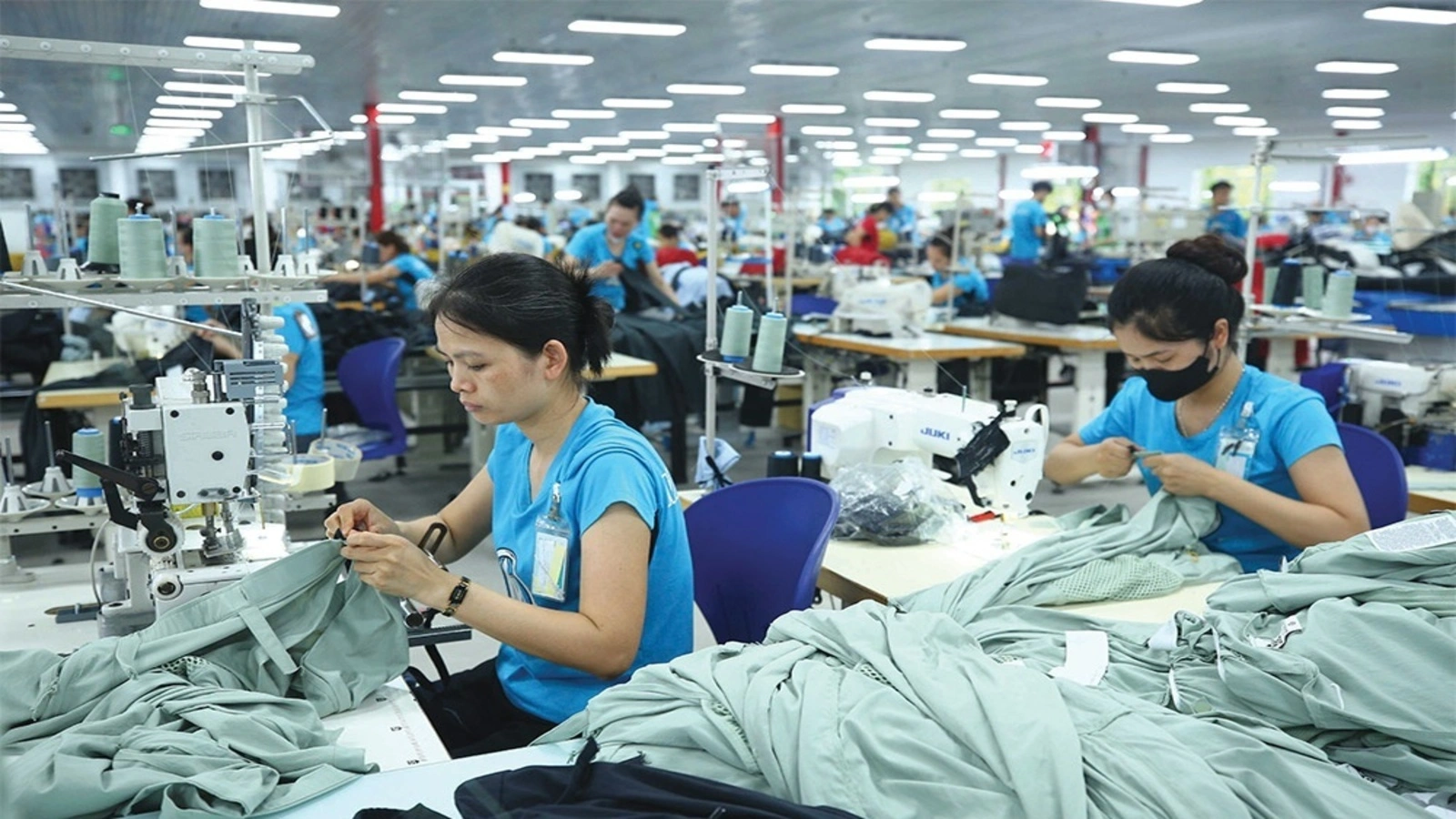

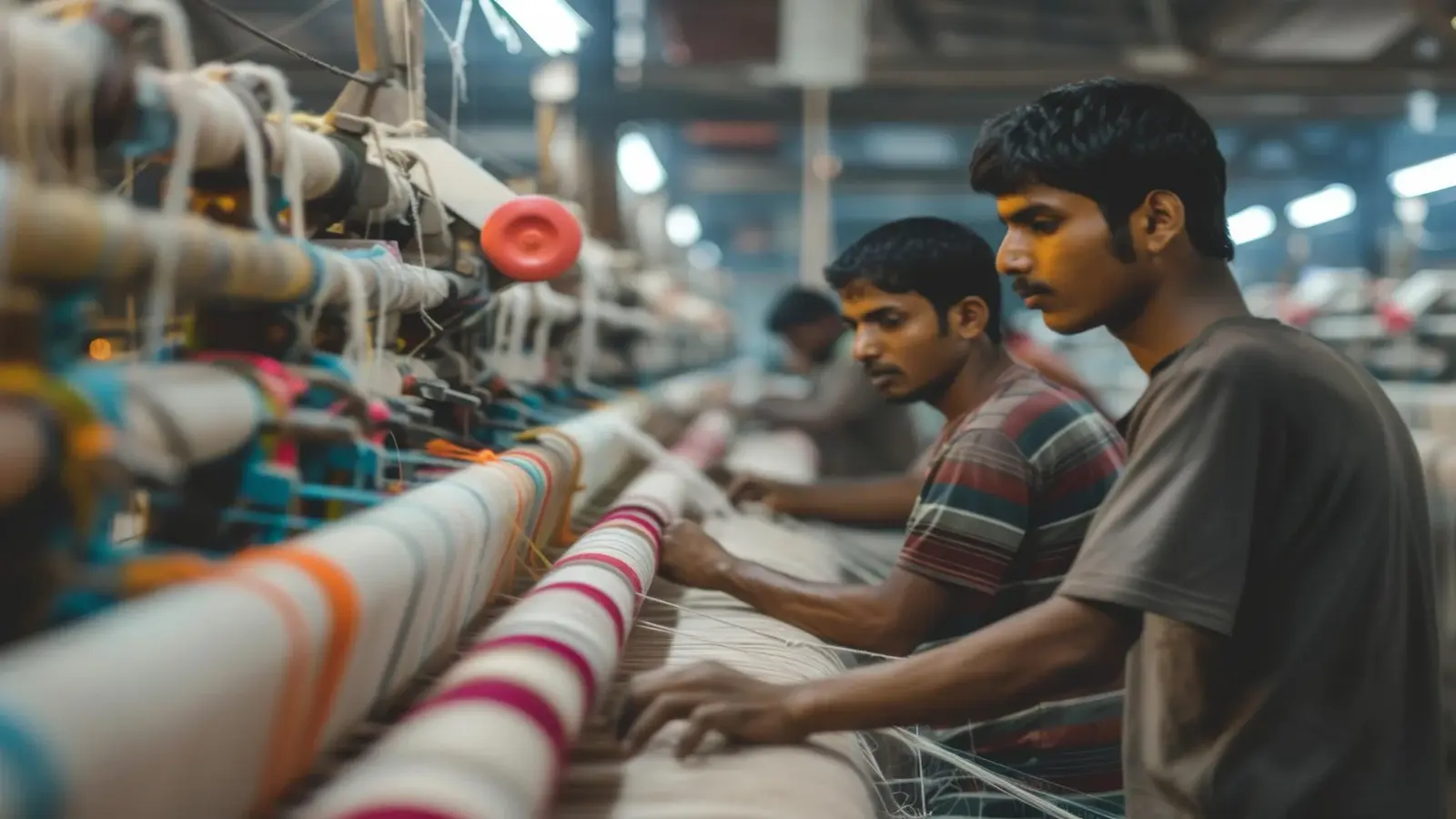

1.webp)






1.webp)

1.webp)
1.webp)
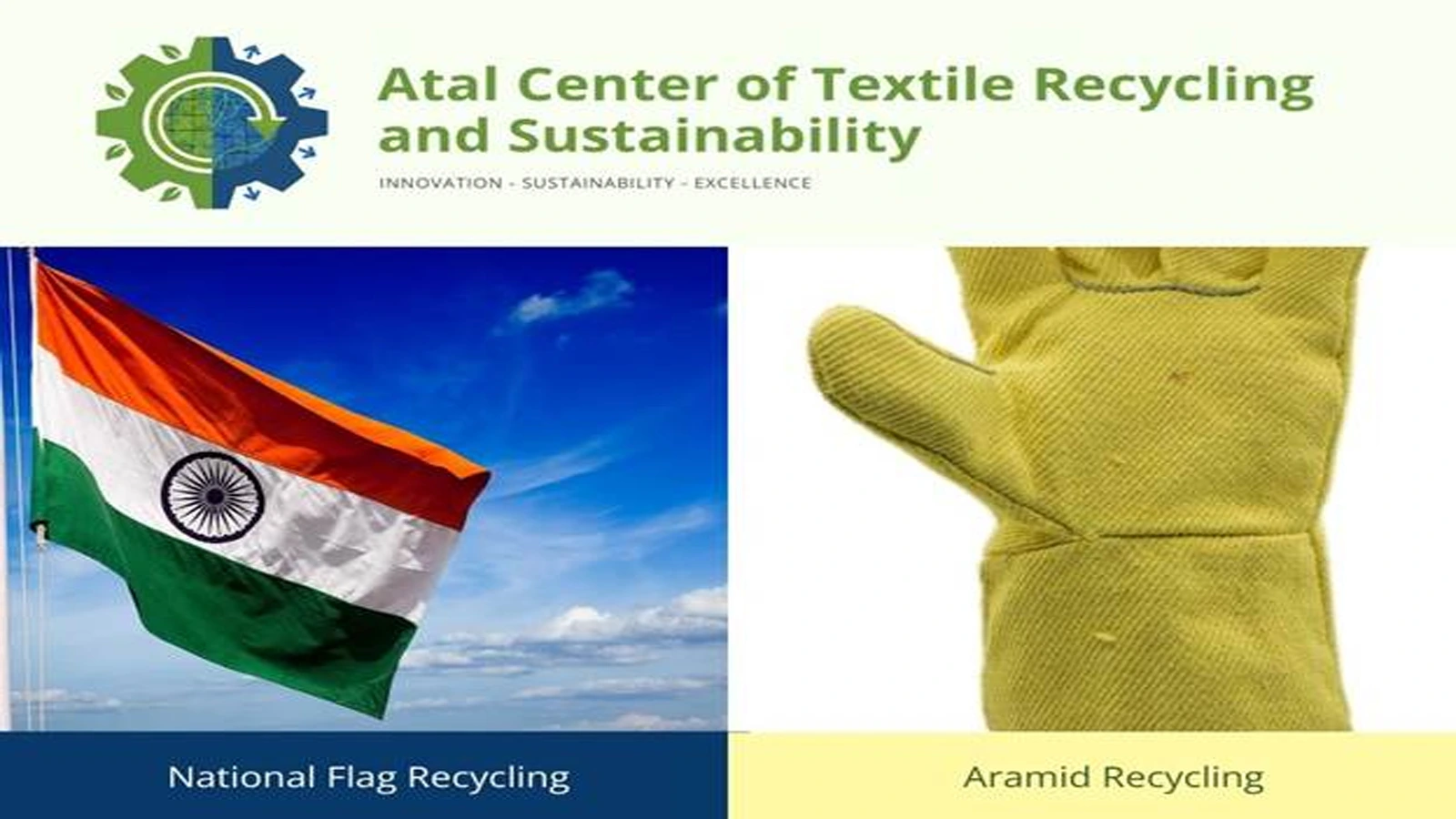
1.webp)

1.webp)

.webp)

1.webp)

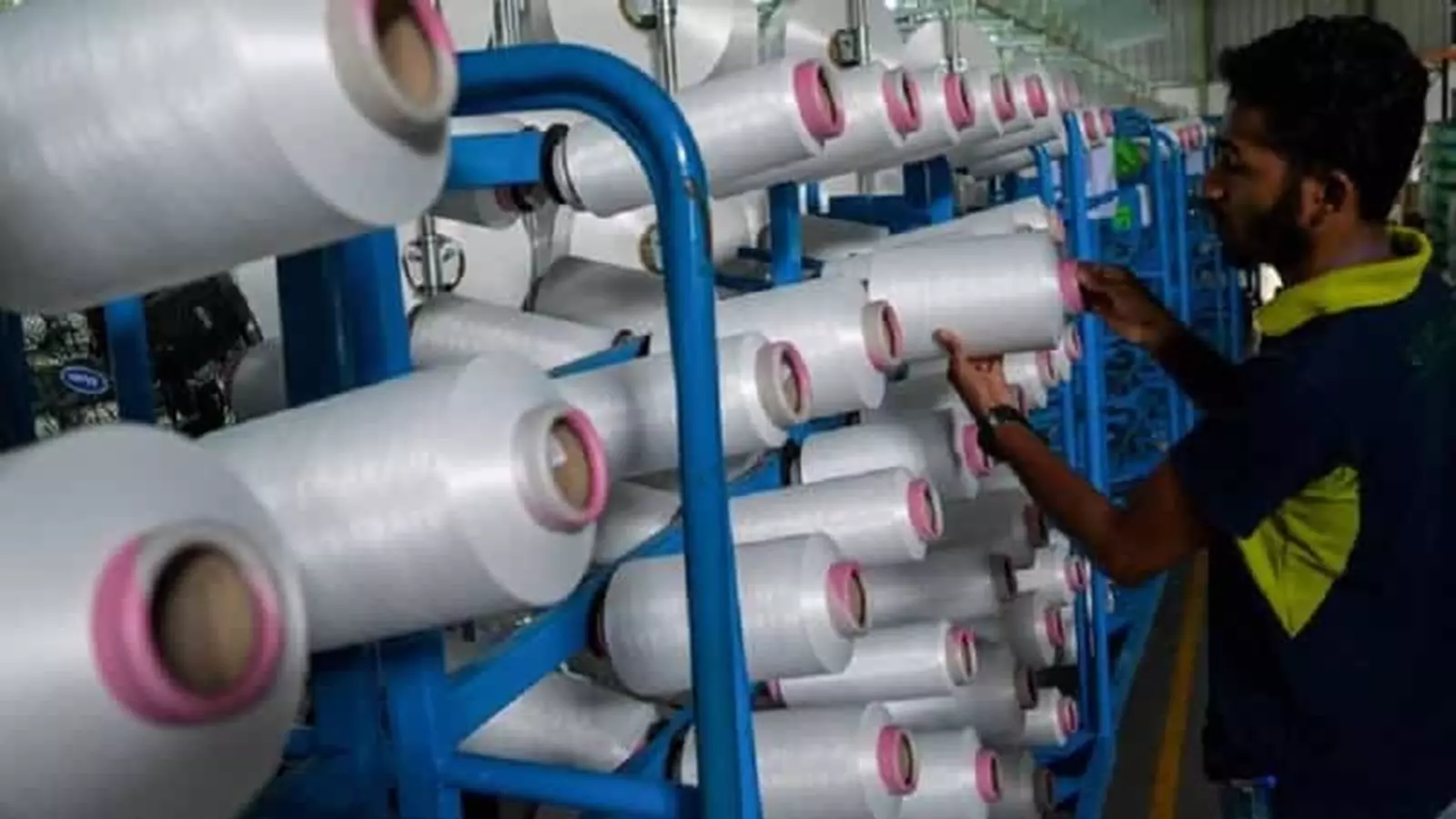

1.webp)








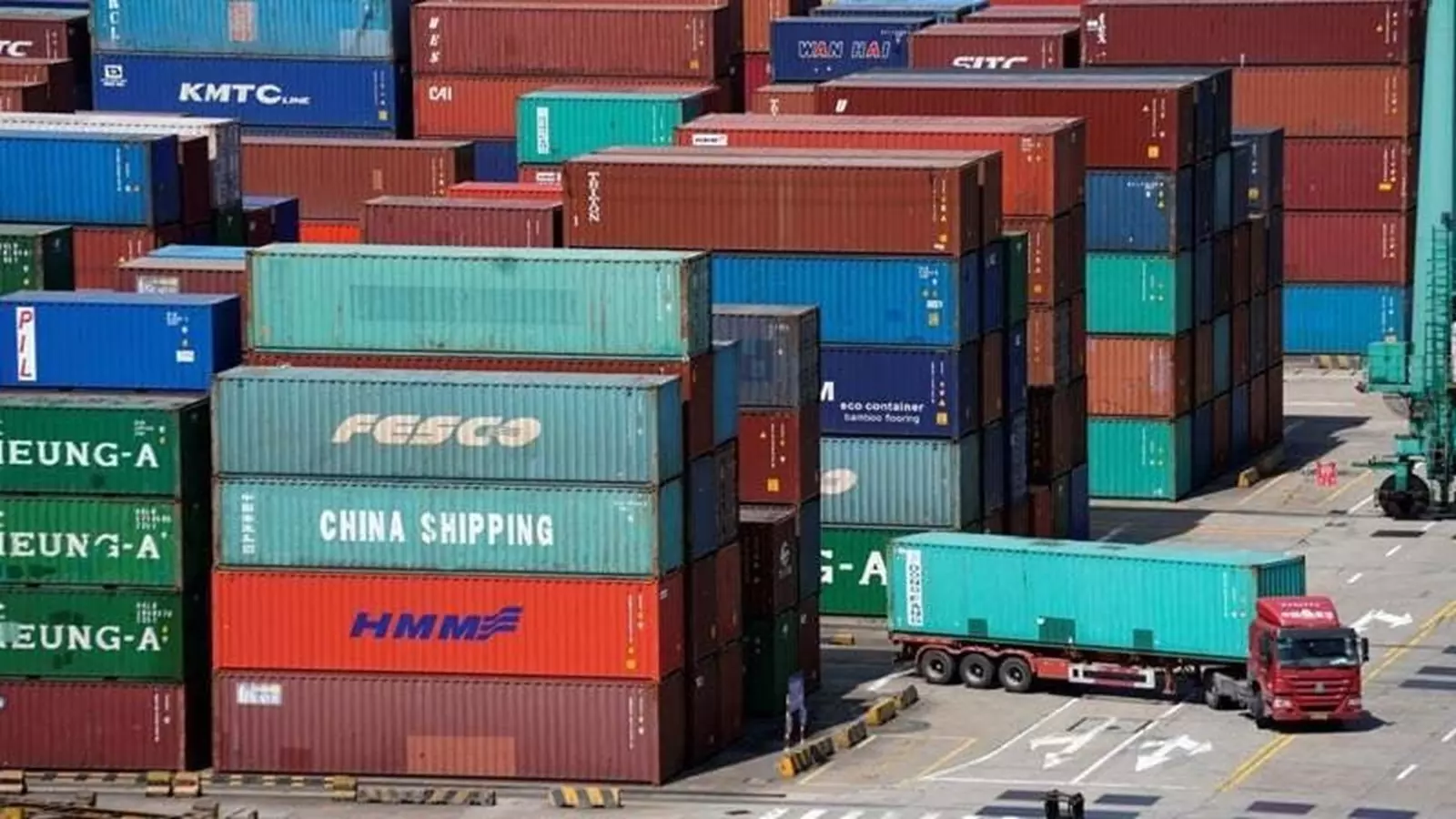
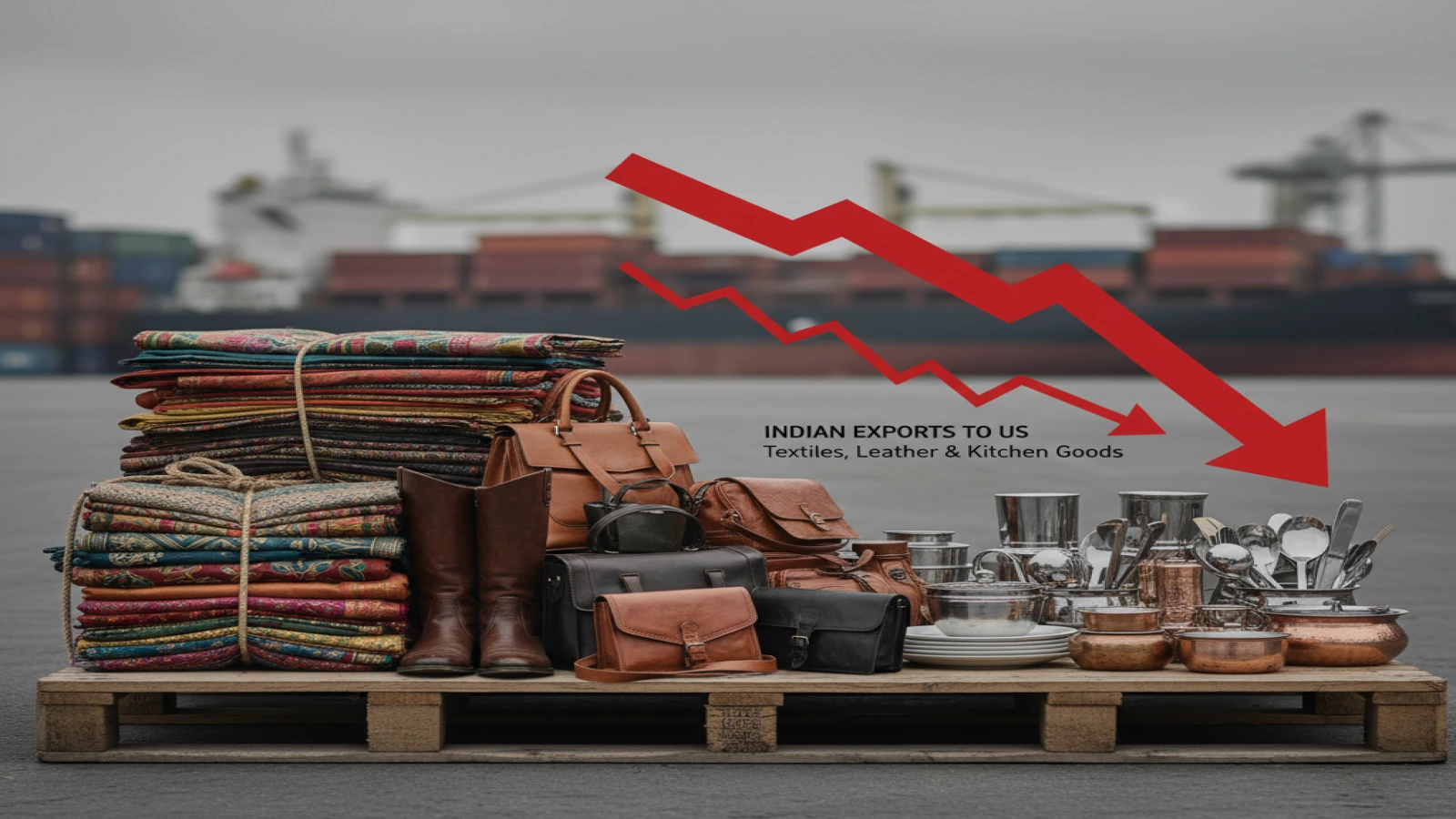



1.webp)








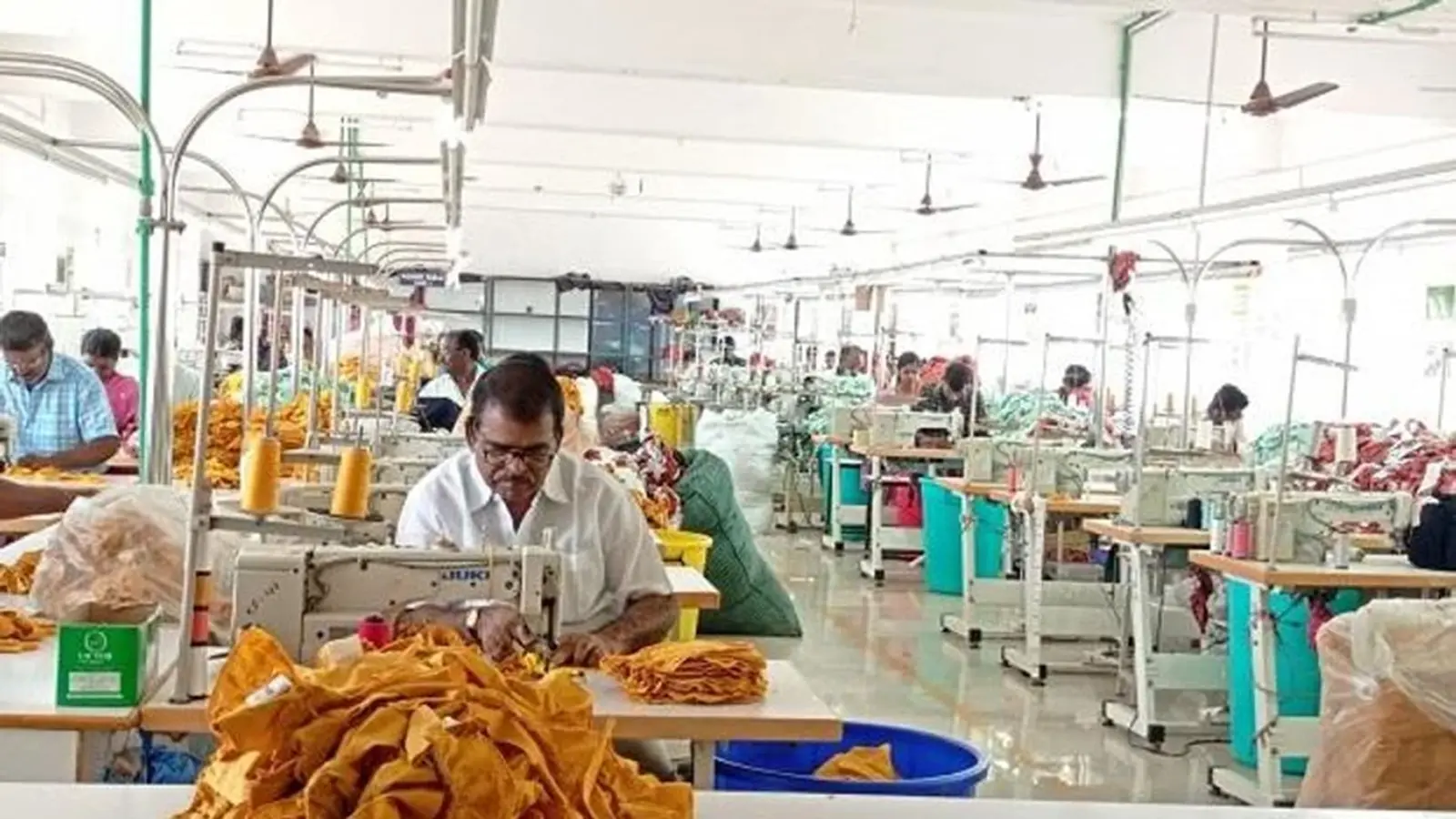



1.webp)


1.webp)

























1.webp)






















1.webp)





1.webp)
1.webp)














1.jpg)






















1.jpg)




























_large1.jpeg)

























































.png)










.jpg)
.jpg)
.jpg)










1.jpeg)